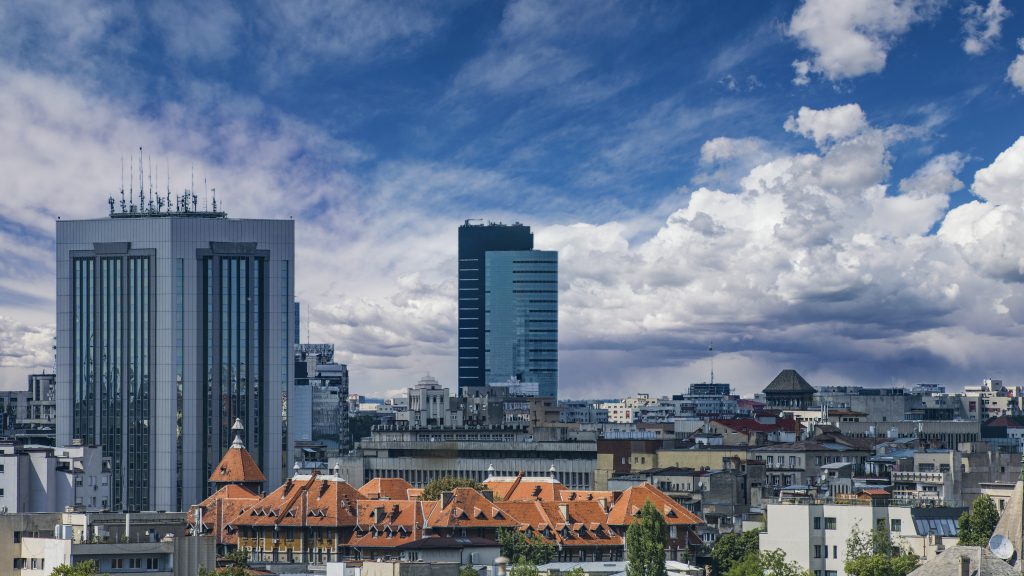Crime networks suspected of burning tech waste for scrap metal in Romania

In the villages surrounding Romanian capital Bucharest, the fires burning discarded electronic kit and car parts for scrap metal never stop.
A month of near daily raids has uncovered what appear to be organised crime networks recruiting long-ignored poor villagers to burn the waste, Romania’s environment enforcement chief said.
Commissioners from the Environmental Guard, part of the Environment Ministry, have seen scores of illegal fires in backyards, fields carpeted with trash or near river beds during their swoops on the villages.
As well as being illegal, the fires are also a source of fine particulate air pollution, which the centre-right coalition government is seeking to address to avoid EU sanctions.
“We have found very poor people in precarious living conditions, major social issues, lack of access to plumbing, electricity, paved roads,” the Guard’s new chief commissioner Octavian Berceanu told Reuters.
Densely populated Bucharest topped European charts for highest pollution costs per capita last year
“They are the ones doing the work at the bottom of the chain, behind them we have people and companies bringing in trucks of cables, tyres, which suggests to us that we are looking at organised crime structures acting in waste management.”
During one raid, his team burst into a yard hidden behind a metal fence in the village of Sintesti and found burning computer parts and cables sending toxic smoke into the air.
A young woman said the fire had been lit to heat water for the household, which lacks indoor plumbing or electricity. She said she did not know it was illegal and promised not to do it again, something many of those who get raided tell the Guard.
Berceanu, a former environmental activist, said criminal networks had flourished in the handling of waste due to corruption, bureaucracy and incomplete legislation.
Insufficient legal landfills also contributed to the overflow of waste. Several Guard commissioners said they even found some town halls illegally burying their trash.
The Environmental Guard can issue fines and confiscate scrap metal and vehicles carrying waste and work with police and local authorities to follow up the chain.
But finding the fires, which are numerous but short-lived is difficult. The teams scour country roads for signs of smoke and rely on tip-offs from local residents. Berceanu hopes the next step is to deploy cameras and drones.
“We are equipped at a 1990s level, like we are on the front lines with a pocket knife, which doesn’t get results,” he said. “The easy part is to show the world what is happening. We must find solutions.”
For local residents, the work cannot come soon enough.
Densely populated Bucharest topped European charts for highest pollution costs per capita last year – a total of 6.3 billion euros – according to a report for the European Public Health Alliance, which quantifies deaths, medical treatment, lost working days and other health impacts.
Brussels has roughly 20 active infringement cases against Romania over environmental complaints, including waste management, air pollution and water quality.
“What we are seeing now is that the raids are effective and we see how widespread the burnings are,” said Oana Neneciu, director of the Centre for Sustainable Policies Ecopolis, a local NGO which manages an independent air monitoring platform.
(By Luiza Ilie; Editing by Justyna Pawlak and Alison Williams)
{{ commodity.name }}
{{ post.title }}
{{ post.date }}




Comments